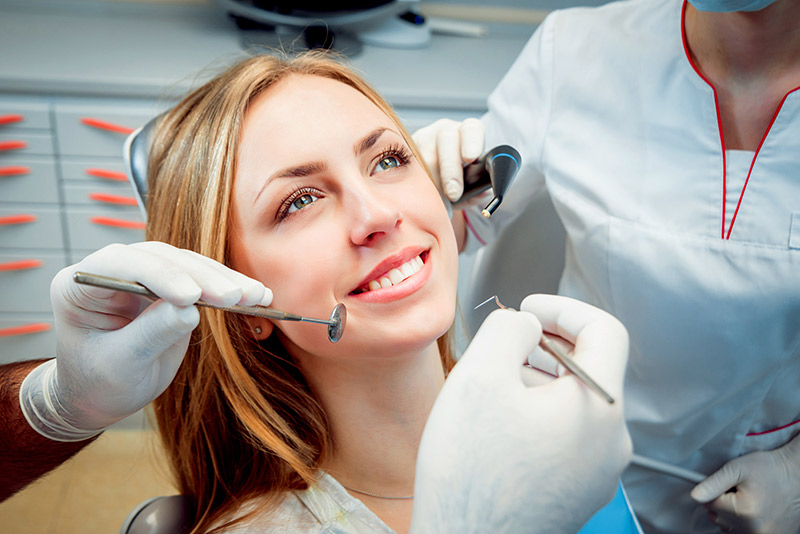It is best to get prepared well if you have an oral surgery scheduled to happen soon. Besides, if you are well prepared, you will likely have a smooth experience and an uninterrupted, speedy recovery. Dental procedures are usually conducted on an outpatient basis and normally involve a general or local anesthetic. As a patient, you should view dental surgeries like any other surgery. This means that you should make essential preparations and follow post-surgery instructions as provided by your dentist. As a result, you get to minimize the chances of getting an infection or other complications.
Researching Dental Procedures: Should I Do My Own Research?
Before booking your dental procedure appointment, it is advisable to do some research about it. For instance, you can use a dental knowledge database to familiarize yourself with several things. Research helps patients know the dental procedure options and what to expect during the surgery. This can help counter the stress and anxiety that the patient may have. Also, you can ask for clarity from your dentist on various issues, thus better understanding. Doing your own research can also help speed up the recovery since you already know what to do and what not to do after the procedure. Also, you will be better equipped for potential warning signs to look for after dental work and seek medical attention before they progress. In simpler terms, doing your own research helps create awareness of what you are about to go through, possible outcomes, and recovery tips.
Tips For Preparing for Dental Procedures
Here are some tips to help you prepare for your dental procedure appointment.
Review Your Dental Surgery in Detail

Typically, you will meet your dentist first for a discussion before they schedule a surgery for you. During this meeting, it is essential to be keen and note what the dentists say. Ask questions when you need clarification and ask for alternative choices, too. Consequently, ensure your dentist knows all your medical history, as this is crucial in the treatment. Besides, some medical issues or drugs might affect the treatment approach required for a successful procedure.
Evaluate Post-Procedure Care
While it might seem normal, some oral procedures may significantly impact your body. Therefore, having someone accompany you to the hospital is best, especially if you get a major treatment. Also, get a friend or relative to help you with the house chores until you recover to avoid interfering with the healing process.
Know the Rules about Meals and Smoking
If you are scheduled for general or intravenous anesthetic surgery, you cannot drink or eat anything for 8-12 hours before the procedure. Also, you are not allowed to smoke for one week after the procedure and 12 hours before the operation. This is because taking meals or smoking can interfere with and hinder successful surgeries.
Plan Your Post-Surgery Diet
Usually, your dentist will advise you on what meals to take to avoid stressing your mouth. This mainly includes soft food and drinks that only require a little chewing. It would help if you also avoided spicy or acidic meals until you recover fully.

